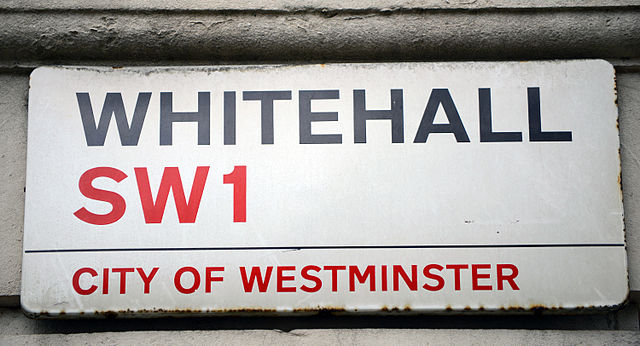Allusion is a figure of speech, in which an object or circumstance from an unrelated context is referred to covertly or indirectly. It is left to the audience to make a direct connection. Where the connection is directly and explicitly stated by the author, it is instead usually termed a reference. In the arts, a literary allusion puts the alluded text in a new context under which it assumes new meanings and denotations. It is not possible to predetermine the nature of all the new meanings and inter-textual patterns that an allusion will generate. Literary allusion is closely related to parody and pastiche, which are also "text-linking" literary devices.
Backside of a clay tablet from Pylos bearing the motif of the Labyrinth, an allusion to the mythological fight of Theseus and the Minotaur
A figure of speech or rhetorical figure is a word or phrase that intentionally deviates from ordinary language use to produce a rhetorical effect. Figures of speech are traditionally classified into schemes, which vary the ordinary sequence of words, and tropes, where words carry a meaning other than what they ordinarily signify.
Whitehall is a road in the City of Westminster, London used synecdochically to refer to the entire UK civil service, as many government departments are nearby.


